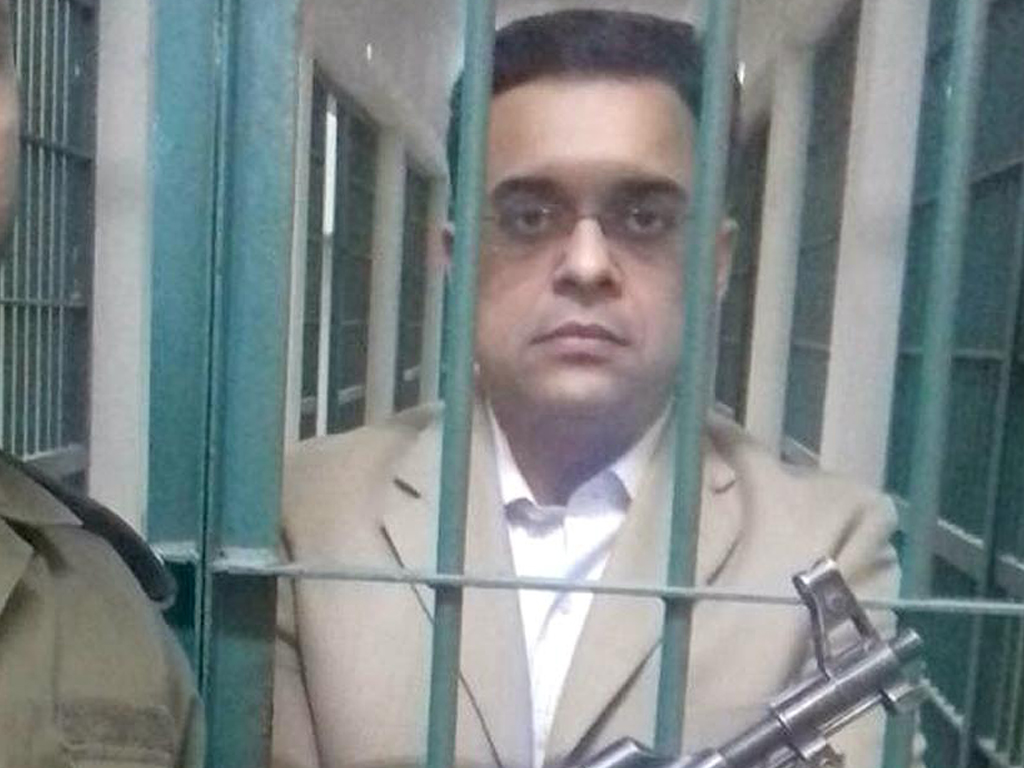Nepal has been a prime target of Indian deep state stratagem to make it a client state after subduing Bhutan and Maldives. Nepal has many a time tried to break the octopus squeeze of India, but due to geographically landlocked position, contiguity and trade dependence, Nepal had to compromise to avoid the wrath of India. So immense was the Indian interference in Nepalese socio-politico and economic affairs that the nation could not adopt a consensus constitution after a decade of political infighting. And when it did adopt a federal, democratic and secular Constitution in 2015, India had instigated Madheshi and Tharu people living in Terai region of Nepal. These proxies created unrest through protests, and India enforced economic blockade of Nepal in 2015, which resulted in a serious shortages of food, medicines and fuel etc., thus adding to the miseries of Nepalese people.
Nepalese know full well that Madhesi and Tharu people were systematically migrated from Indian states of Bihar and UP to create an ethnic imbalance to control Nepal, as the country is strategically most important vis-à-vis China. Nepal’s geographical vulnerabilities have often impelled it to enter into treaties with New Delhi, but Nepal has been looking for alternatives to reach the sea. It tried to establish ties with other powers specifically China in order to reduce its dependence on India. In September 2017, China opened a strategic highway from Tibet to the Nepal border, which could be used for civilian and defence purposes, a move that Chinese experts say will enable Beijing to make forays into South Asia. The 40.4-kilometre highway in Tibet between Xigaze airport and Xigaze city centre officially opened to the public with a short section linking the national highway to the Nepal border.
On 8th February 2018, Communist parties secured an overwhelming majority in the Upper House of Parliament with 39 seats out of 56 seats, paving the way for the Leftist alliance to form the country’s next government led by its leader KP Sharma Oli. Earlier, the Left alliance of the CPN-UML and CPN-Maoist Centre had secured 174 seats in the 275-member Parliament in the country’s recently concluded historic provincial and parliamentary polls that many hope will bring much-needed political stability to the Himalayan nation. People of Nepal are valiant and they have been resisting India’s hegemonic designs, which India appears to have realized. Recently, during the meeting with the leaders of Terai based parties, India’s External Affairs Minister Sushma Swaraj said that constitution amendment is internal issue of Nepal; thus the Terai based leaders should cooperate with the left alliance government and resolve the issue of constitution amendment.
Though India claims to be a secular state, but with Hindu revivalist Narendra Modi and other BJP leaders at the helm, it wants Hindutva ideology to prevail there. On 23rd September 2015, India had started Nepal’s blockade, exactly three days after the Constituent Assembly of Nepal had passed the Constitution with 90% members voting in favour. Out of Nepal’s 598-strong Constituent Assembly only 66 members from Madeshi and Tharu minorities had abstained from voting in protest. Nepal’s ruling party and its allies had staged anti-India protests on completion of 100 Days of Indian blockade, which included ban on Indian news channels by Nepal’s cable operators. Nepalese were wary of India’s interventionist and expansionist scheming, hegemonic designs, bullying tactics continuously applied over the neighboring countries. Protesters had marched in Kathmandu and all over Nepal, and even burnt effigies of India’s PM while vociferously chanting slogans “Down with Indian expansionism! Down with Modi”.
On 4th April 2017, a well known journalist of Nepal, Sita Ram Baral associated with Kantipur Media Group published an article titled “China (North) Green Signal to Greater Nepal.” Beijing had invited Chairman of the Unified Nepal National Front (UNNF) Phanindra Nepal four times to visit China during one year, whose Front vows to recover the Nepalese territory that India is illegally occupying. It was said to be a tacit green signal by Beijing regarding Chinese support for demand of Greater Nepal. Phanindra Nepal during his visits to China met Chinese president’s close aide Mr. Li Xiqung twice and presented him the map of Greater Nepal. The Unified Nepal National Front was established on 15 August 2005 whose main objective is the return of the territories of Nepal lost as a result of Sugauli Treaty on 4 March 1816, and to forge unity to achieve the goal of ‘Greater Nepal’.



